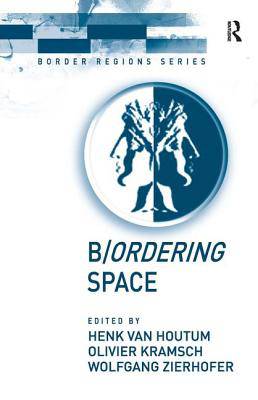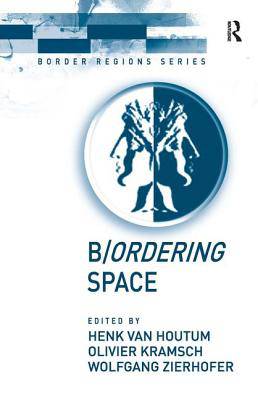
Door een staking bij bpost kan je online bestelling op dit moment iets langer onderweg zijn dan voorzien. Dringend iets nodig? Onze winkels ontvangen jou met open armen!
- Afhalen na 1 uur in een winkel met voorraad
- Gratis thuislevering in België vanaf € 30
- Ruim aanbod met 7 miljoen producten
Door een staking bij bpost kan je online bestelling op dit moment iets langer onderweg zijn dan voorzien. Dringend iets nodig? Onze winkels ontvangen jou met open armen!
- Afhalen na 1 uur in een winkel met voorraad
- Gratis thuislevering in België vanaf € 30
- Ruim aanbod met 7 miljoen producten
Zoeken
€ 175,95
+ 351 punten
Uitvoering
Omschrijving
In the wake of globalization, numerous social scientists are turning to concepts of mobility, fluidity and hybridity to characterize a presumed de-territorialization and de-bordering of contemporary social and economic relations. This book brings together a select group of internationally renowned human geographers to explore the use of these concepts in relation to space, place and territory. In doing so, they (re)situate the subject of borders as active socio-spatial processes from a variety of theoretical perspectives. The contributors link debates on borders to discussions within the wider sphere of cultural studies, notably those addressing themes of migration, post-colonialism, the formation of national/regional identities and radical democratic practice. The chapters focus on those discursive practices that constitute 'bordered' geographical entities in the first instance through differentiated regimes of discourse. The book thus transcends the narrower field of borderlands research by building bridges to other domains of enquiry within political and human geography.
Specificaties
Betrokkenen
- Auteur(s):
- Uitgeverij:
Inhoud
- Aantal bladzijden:
- 264
- Taal:
- Engels
- Reeks:
Eigenschappen
- Productcode (EAN):
- 9780754637639
- Verschijningsdatum:
- 28/12/2004
- Uitvoering:
- Hardcover
- Formaat:
- Genaaid
- Afmetingen:
- 156 mm x 233 mm
- Gewicht:
- 649 g

Alleen bij Standaard Boekhandel
+ 351 punten op je klantenkaart van Standaard Boekhandel
Beoordelingen
We publiceren alleen reviews die voldoen aan de voorwaarden voor reviews. Bekijk onze voorwaarden voor reviews.











